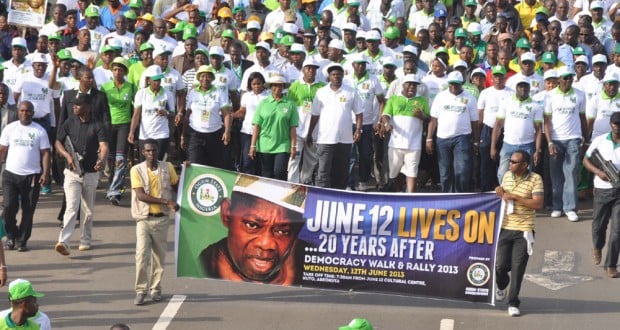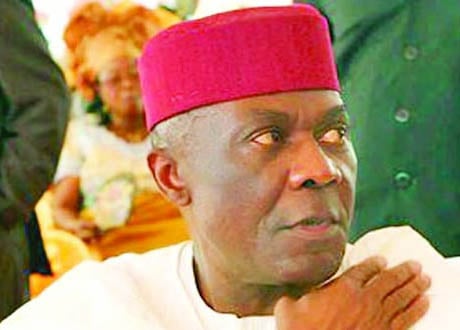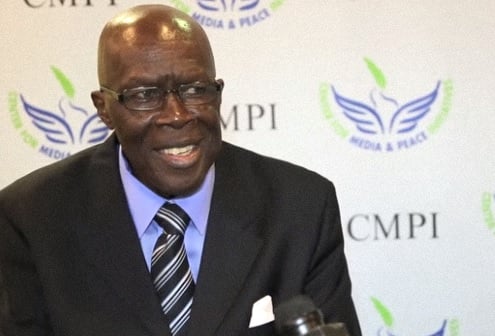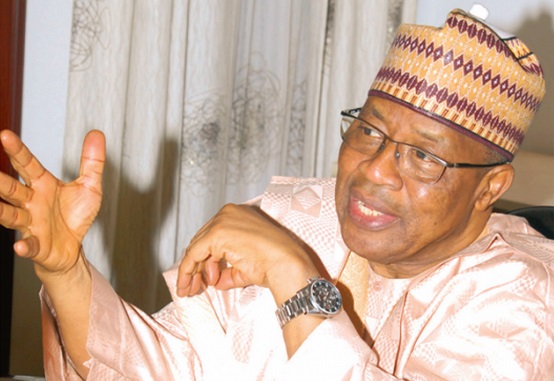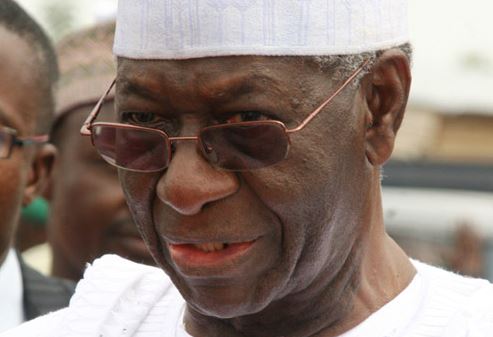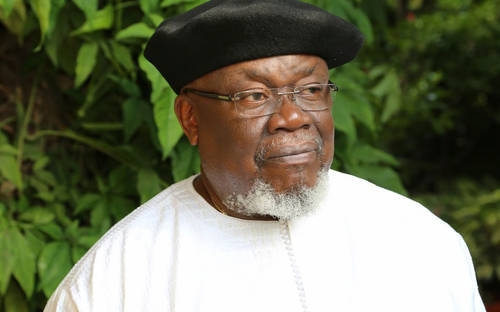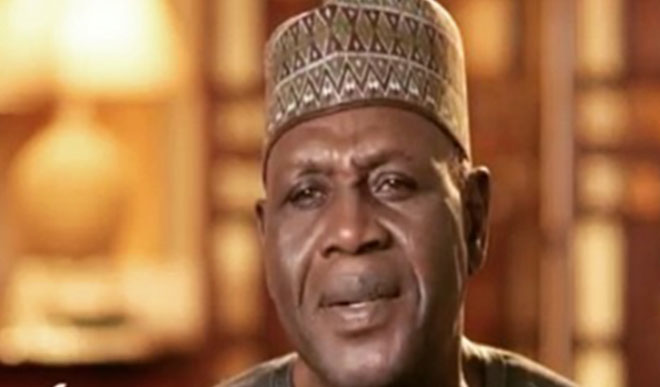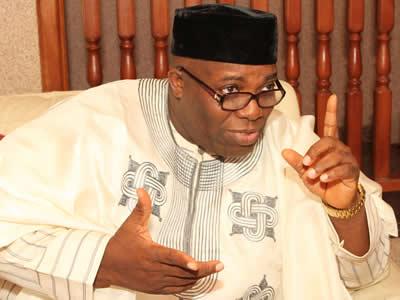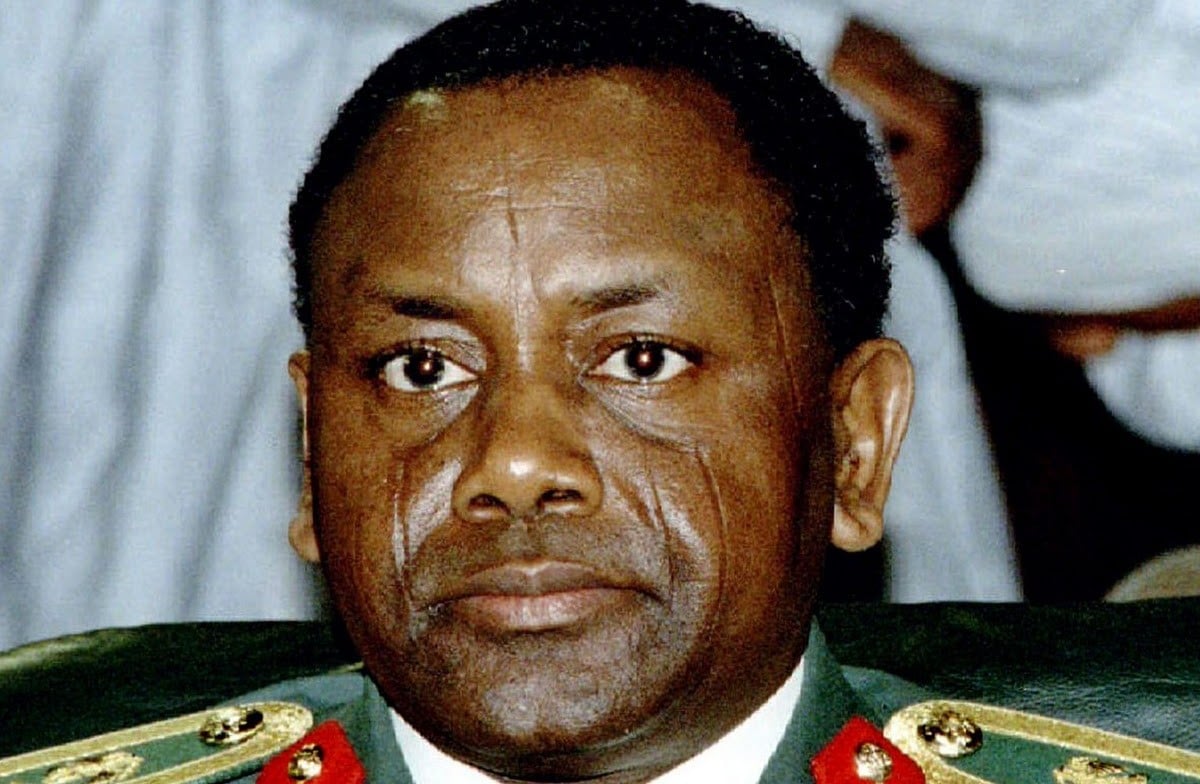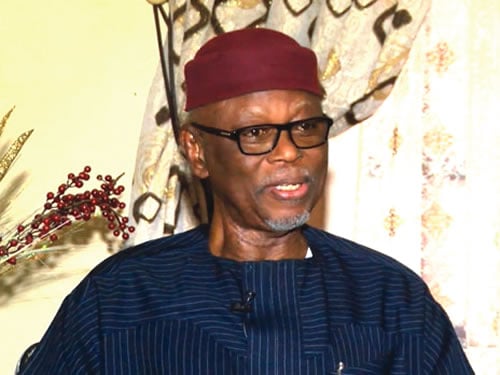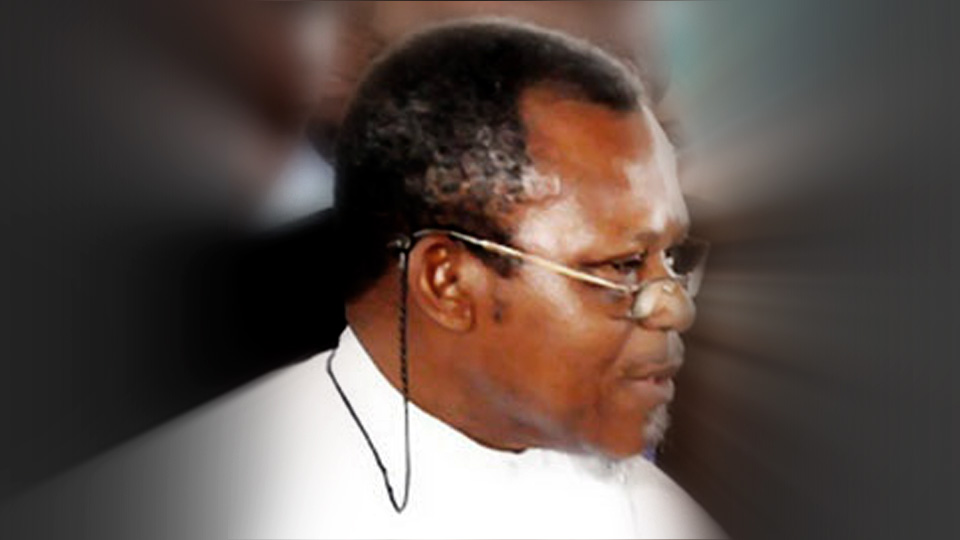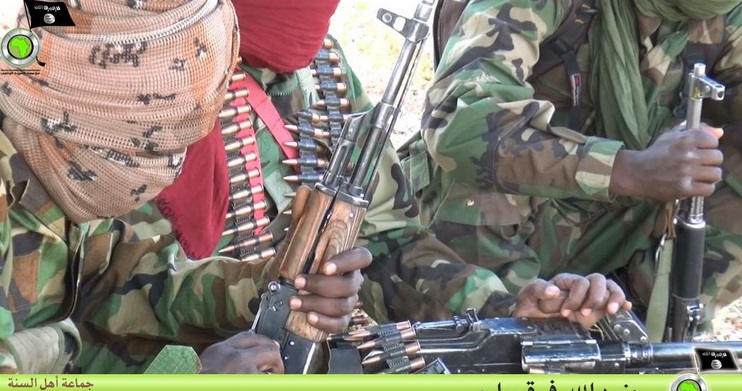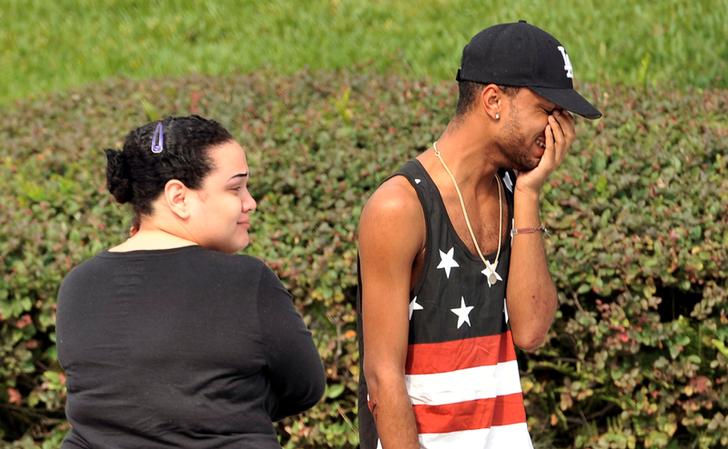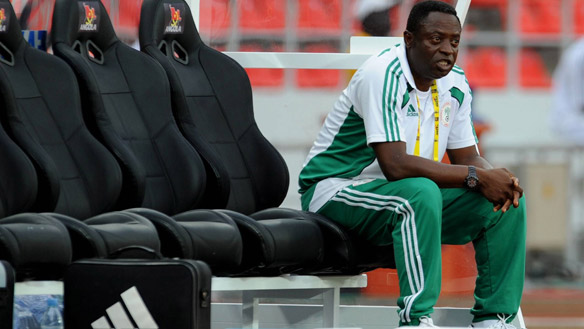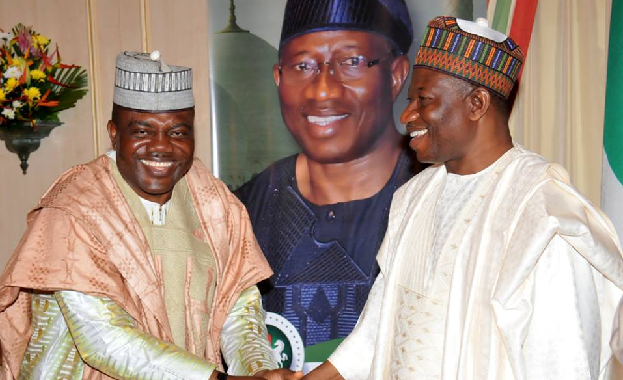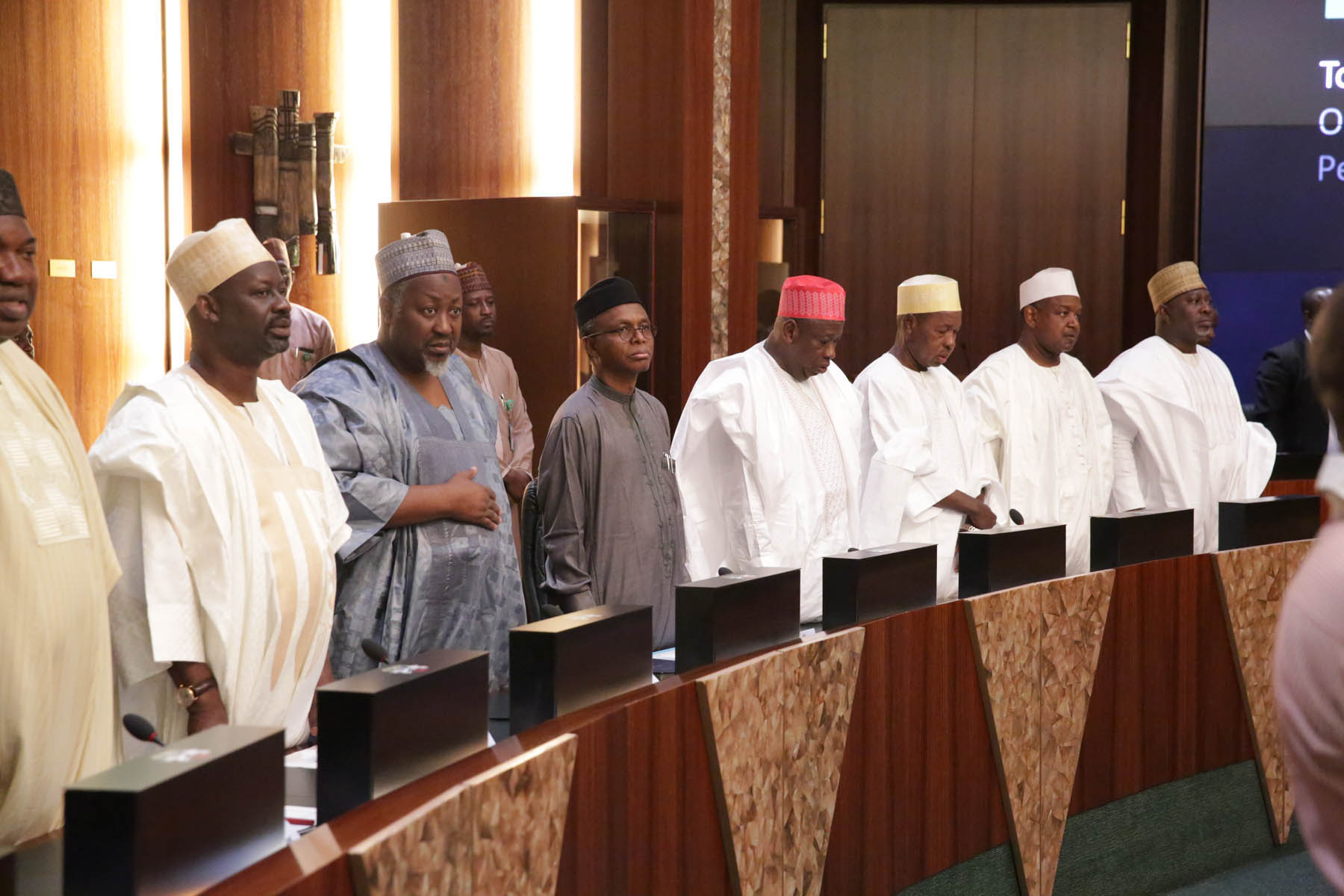June 12, 1993, remains a remarkable date in the history of Nigeria. It was a day when Nigerians put aside religious and ethnic sentiments while casting their ballot.
The election was annulled by Ibrahim Babangida, a former military president. Babangida had alleged that there was conflict in the process of authentication and clearance of credentials of presidential candidates, and that he was aware of other forms of inducements against officials of National Electoral Commission (NEC).
His excuses were not convincing and he was forced to step down two months after that infamous act, but rather than solve the situation, Babangida’s exit plunged Nigeria into another crisis.
There are many people who played major roles in that period in Nigeria’s history, but 23 years down the line, we profile 12 of such personalities.
Advertisement
MKO ABIOLA
Moshood Kashimawo Abiola, top class businessman, publisher, sports lover, philanthropist and politician hailed from Abeokuta, Ogun state capital. Though from Ogun, his fame spread across the length and breadth of the country. His interest in journalism dates back to his days at Baptist Boys High School, Abeokuta, where he rose to become the editor of The Trumpeter, the school magazine, with Olusegun Obasanjo, former Nigerian president, as deputy editor.
Abiola’s popularity would later speak for him when he contested the presidential election in 1993. He made history by winning in Abuja, the military polling stations, and over two-thirds of the country, including in Kano, the state of Bashir Tofa, his opponent. He contested on the platform of the Social Democratic Party (SDP), while Tofa on the National Republican Convention (NRC).
Advertisement
He was thrown into detention for declaring himself as president after the regime of Sani Abacha refused to restore his mandate.
BASHIR TOFA
Tofa is a businessman, an oil trader and industrialist. He was chairman of International Petro-Energy Company (IPEC) and Abba Othman and Sons ltd.
His running mate in the election was Sylvester Ugoh, one time governor of the former Central Bank of Biafra. At the time of the poll, he was an ally of Halilu Akilu, a retired general, who held key security positions, including that of director of the directorate of military intelligence.
Advertisement
There were reports that Tofa almost conceded the election, which he obviously lost. He had told his associates to wait for more results to be declared, so that the pattern would be clearer. Suddenly, his tune changed, as he demanded an outright cancellation of the election.
Twenty years after that saga, Tofa spoke in a manner suggesting that he did not agree that Abiola actually won. Addressing reporters in Kano, he said: “Events of June 12 are fiction, those still celebrating the dead issue have nothing to do with their time. It is for those who don’t have anything to offer this country to move forward that can still be talking about June 12 presidential election.
“If you have learnt any lesson out of it good, if you have not, keep quiet, let this country make progress, but for one to still be talking about something that occurred 20 years ago is colossal waste of time.”
Tofa later joined the ruling All Progressives Congress (APC), and became a member of the party’s board of trustees.
Advertisement
AUTHUR NZERIBE
Nzeribe is a businessman, who was into construction, arms, oil brokerage, publishing and property investment. A renowned politician, who is an in-law to the Yar’Adua family, having married the sister of Asabe Yar’Adua, wife of the late Shehu Yar’Adua,a retired general.
Advertisement
On June 10, 1993, Nzeribe tried to stop the election, relying on a court order which his group, Association for Better Nigeria (ABN), got from late Justice Bassey Ikpeme of Abuja High Court. ABN was known to be pro-Babangida.
But Humphrey Nwosu, who was then the chairman of the National Electoral Commission (NEC), resolved any issue that could have arisen by citing section 19(1) of the presidential election decree 13 of 1993.
Advertisement
The section said: “No interim or interlocutory order of ruling, judgment or tribunal before or after the commencement of this decree in respect of any intra-party dispute or any matter before it shall affect the date or time of holding the (presidential) election.”
Nzeribe, a member of the board of trustees of the Peoples Democratic Party (PDP), was the senator who represented Orlu constituency in Imo state between 1999 and 2007.
Advertisement
HUMPHREY NWOSU
If Nwosu was praised for having the courage to foil the plot to thwart the election, the result of his good work became fruitless in a matter of days. Nwosu was professor of political science at the University of Nigeria, Nsukka. He served in the cabinet of Samson Omeruah, governor of the old Anambra state.
In 1989, Eme Awa, Nwosu’s former mentor, had a disagreement with Babangida and resigned as chairman of the Federal Electoral Commission (FEDECO), which later changed to NEC. Babangida picked him to replace Awa.
Ahead of the 1993 election, the commission introduced option A4 voting system and the open ballot system. Compared to the past, Nwosu’s election witnessed a major innovation: the introduction of an election monitoring group. 3,000 observers took part in the nationwide exercise.
The effective system and mechanisms he put in place enabled Nigerians to get the results of the election 24 hours after. Many of the results were already in circulation at the time he was ordered to stop further announcement.
Despite the obvious, and painful fact, Nwosu could not muster the courage to officially announce the results and damn the consequences,
In 2008, he published a book in which he claimed that Babangida was not to blame for annulling the election. The book was severely criticised for failing to accurately account for what happened.
IBRAHIM BABANGIDA
Without the Minna-born general popularly known as IBB, June 12 might have not been part of our history. An ally of Abiola, MKO said when he buried Simbiat, his wife, in Lagos in 1992, IBB told him that he must contest election and that the country wanted him as the next president.
While in jail after the annulment Abiola said: “I believed in a friend. I trusted a friend and he betrayed me. IBB betrayed me”.
Abiola said few days to the election, IBB called him and asked him to accept the results as a good sportsman, thinking that Tofa will win. And when it became obvious that he (Abiola) would carry the day, he put several calls to IBB, but he refused to answer his phone.
The military ruler, who came to power after overthrowing the then Major General Muhammadu Buhari in a coup, wielded so much influence.
As head of the armed forces ruling council – the highest decision making organ of the military junta – IBB said the election was annulled in the best interest of the country.
IBB, a member of the PDP, made several attempts to return as a civilian president, but did not even succeed in picking the ticket of his party. Dubbed Maradona for his evasive style during media interviews, IBB is yet to give a straightforward answer on the June 12 issue.
TONY ANENIH
Tony Anenih, prominent chieftain of the PDP and former minister of works, was chairman of SDP. He took over from Babagana Kingibe. Anenih went into politics after retiring from the police. His membership of the Peoples Democratic Movement (PDM), one of the strongest blocs within the SDP, also played a key factor in his emergence as chairman of the party. Shehu Yar‘adua, also a member of PDM, assisted Anenih to the position.
Anenih did so much for his party, but the story changed after the annulment. He took the cancellation of results in good fate, and this earned him so much criticisms.
In later years, the Edo state politician became a godfather in his state. He also played a key role in the re-election bid of former President Goodluck Jonathan. The loss of Jonathan made the elder statesman to relegate politics to the background.
Debunking a rumor of his death last month, he said: “God punish those who want me dead. They will certainly die before me.”
TOM IKIMI
Ikimi, a politician from Edo state, was the chairman of the NRC. Just like Tofa, he refused to accept that his party lost the 1993 election. He even spoke in a manner suggesting that he was in support of the annulment of the election results.
Ikimi later served as foreign affairs minister in the administration of Sani Abacha. Ikimi, who is a founding member of the APC, lost his bid to be the party’s chairman. He subsequently left, but not without creating a storm.
He accused Bola Tinubu, a former Lagos state governor and one of the main architects of the APC, of thwarting his bid to lead the then opposition party.
Ikimi said Tinubu resented him because of his own opposition to the idea of fielding Tinubu as running mate to Buhari, who was then the presidential flagbearer.
In a letter leaked to the press, Ikimi made weighty corruption allegations against Tinubu. He said the former governor was a major beneficiary of oil deals from the PDP government, a claim Tinubu denied.
Ikim has since defected to the PDP.
BABAGANA KINGIBE
Kingibe and Atiku Abubakar lost the SDP ticket to Abiola, but with immense influence upon the SDP governors, he became Abiola’s running mate. It was the first time Nigeria would have a Muslim/Muslim presidential ticket. Reports had it that Kingibe never believed that a southerner would be president.
When Kingibe declared his intention to run for the highest office towards the end of 1992, he invited media executives in Lagos to seek their support. Kingibe stunned the top journalists into disbelief when he told them that it was unrealistic for any southerner to seek the highest office because a southerner can never win presidential election in Nigeria.
So, even when Kingibe accepted to be Abiola’s running mate he had never believed that Abiola would emerge victorious.
In the words of Mohammed Haruna, a seasoned journalist, “Kingibe thought like IBB that Tofa would win.”
It is on record that he was the first to join Abacha government. He later served as secretary to the government of the federation under the late President Umaru Yar’Adua, but was fired after allegedly trying to exploit the illness of Yar’Adua.
DOYIN OKUPE
Okupe, former aide to ex-President Olusegun Obasanjo, and former Goodluck Jonathan, was a chieftain of the NRC in 1993. Okupe had already congratulated some of his SDP counterparts for their victory in the election.
Suddenly, the story changed, and Okupe later told Nigerians that IBB instructed Tofa not to accept defeat.
Recently, there were reports that Okupe was interested in becoming the chairman of the PDP. Though he did not say this openly, he canvassed for the zoning of the office to the south-west, which has not produced the party’s chairman in its 17 years history.
SANI ABACHA
Abacha was commissioned in 1963 after he had attended Mons Officer Cadet School in Aldershot, England. Before then, he had attended the Nigerian Military Training College in Kaduna.
His military career is distinguished by a string of successful coups. He was one the most successful coup plotters in the history of Nigeria’s military. Abacha came to national limelight as the announcer of the coup that ousted second republic President Shehu Shagari from office in 1983.
Exactly 20 years later, he forced Ernest Shonekan, head of the interim national government, to step down after barely three months in office.
Abacha was regarded as a military dictator, who threw his opponents into detention. Many fled the country, while some organised a massive campaign against his government from within. He went after Abiola after the politician declared himself as president.
Abiola was accused of treason and arrested. He was detained for four years, largely in solitary confinement with a Bible, Qur’an, and fourteen guards as companions. During that time, Pope John Paul II, Archbishop Desmond Tutu and human rights activists from all over the world lobbied the Nigerian government for his release. The sole condition attached to the release of Abiola was that he renounced his mandate, something that Abiola refused to do, although the military government offered to compensate him and refund his extensive election expenses.
Kudirat, Abiola’s wife, was also assassinated. The killings continued until Abacha himself died on June 8, 1998. Hamza Al-Mustapha, Abacha’s chief security officer, has promised to speak on the exact cause of his death, and that of Abiola, who died a month after the dictator.
JOHN OYEGUN
Oyegun was elected civilian governor of Edo state on the SDP platform, during the transition to democracy launched by Babangida, and served from January 1992 to November 1993, when Abacha declared him wanted.
He went on exile but joined the National Democratic Coalition (NADECO), which campaigned vigorously against the military.
Commenting on the NADECO days, Oyegun said: “I was taken out of the political scene on a permanent basis and that was why NADECO came about. The mission of NADECO was to end the military rule. June 12 was grafted when Abiola came to join us. We were meeting then somewhere in Ikeja GRA when Abiola applied to join, and I remember I got up that day and said he has to accept that the core of the struggle was a permanent end to military rule.”
Upon his return to politics, Oyegun joined the All Nigeria Peoples Party (ANPP). On 13, June 2014, he was elected as national chairman of the APC. Tinubu is believed to have played an important role in the emergence of Oyegun.
NDUBUISI KANU
Ndubuisi Kanu was born in Abia state. He joined the navy, and went to India for cadet training. He obtained honorary doctorate degrees from the Imo State University and the Federal University of Technology, Owerri.
In July 1975, as a lieutenant commander he was appointed a member of Murtala Muhammed’s ruling cabinet, the supreme military council, and later appointed governor of Imo state in March 1976.
He was the first governor after the decree that established the state from part of the old east central state. He was transferred to become governor of Lagos state in 1977, and left service in 1978.
However, Babangida made him a member of the armed forces ruling council (AFRC) between 1985 and 1989.
Later in life, he joined the pro-democracy movement and played a leading role in the agitation for the actualisation of June 12. He was the chairman of NADECO. Despite serving Babangida, he described his regime as “the time when things started to go wrong, with increasingly centralised control”.

